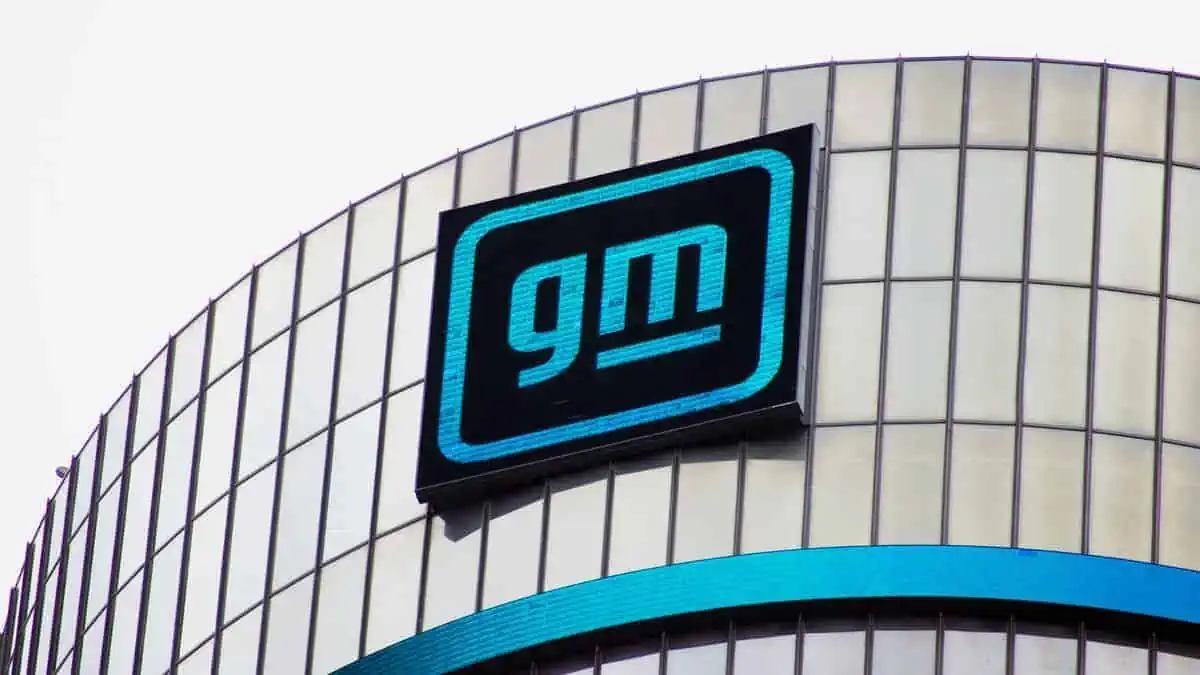Electric cars’ federal budget tax cuts and moves to create an EV charging network in Australia have been embraced by environmental groups and motorists overnight, as per The Canberra Times.
Electric Car Federal Budget Tax Cuts
The policies could cut $4,700 off the price of purchasing an electric vehicle for an individual and $9,000 for an employer.
However, some groups state that policy changes needed to accelerate Australia’s shift to EVs are “missing,” and taxes on motorists in the country are still high.
As expected, the federal budget includes a $345 million Electric Car Discount that will excuse some EVs from additional benefits tax and a 5% import tariff.
117 Fast-charging Stations’ Budget
Furthermore, the budget allotted $39.8 million for over five years for 117 fast-charging stations along highways in what it referred to as National Electric Vehicle Charging Network. The project will be introduced in partnership with the National Roads and Motorists’ Association (NRMA).
The changes were met by environmental and retail groups, motoring, and technology overnight, with the EV Council chief executive Behyad Jafari stating that the measures revealed the Albanese government encountered its promises while “laying the groundwork for the future.”
In addition, the Australian Retailers Association also greeted the tax cuts “to support electric car use by business and the community.”
Professor Hugh Bradlow, the Academy of Technological Sciences and Engineering president, also stated that the commitment to more electric vehicle chargers is “crucial to support the energy transition.”
However, several groups called for policy changes that those stated in the budget.
Australia’s EV Adoption
Stavropol Yallouridis, Motor Trades Association NSW chief executive, said that even with the cuts, there is “still a lot to do” to make sure the country could replace diesel and petrol vehicles with electric models, which includes addressing skills and employee scarcity.
“Merely cutting the price of some EVs is not going to see Australia catch up with countries leading the EV adoption charge,” says Yallouridis.
“Specialist training in electric car and battery maintenance for mechanics is critical to avoid workplace safety dangers and driver risks. Otherwise they are putting the electric cart before the horse.”
The Australian Automobile Association argued they could have gone further. However, they also welcomed vehicle tax cuts.
Moreover, the peak motoring body stated that the government is still planning to collect $1.53 billion in taxes to protect Australian car manufacturing, an industry closed down in 2017, in a move that would put a stop to companies renewing fleet cars and halt “the transition to cleaner and safer cars.”
Lindsay Soutar, Greenpeace Australia Pacific’s senior transport campaigner, said lower EV taxes could enhance adoption. However, fuel efficiency is still “the missing piece of the puzzle” to lessen prices in Australia.
She added the government could also do more to support electric vehicle manufacturing development in the country.
Ms. Soutar said, “The government will need to up its game in future budgets to avoid leaving Aussies stranded on the roadside when it comes to serious clean transport spending,”
A fuel efficiency standard is one of the policies talked over in the government’s National Electric Vehicle Strategy’s consultation paper, closing the submissions on October 31.






